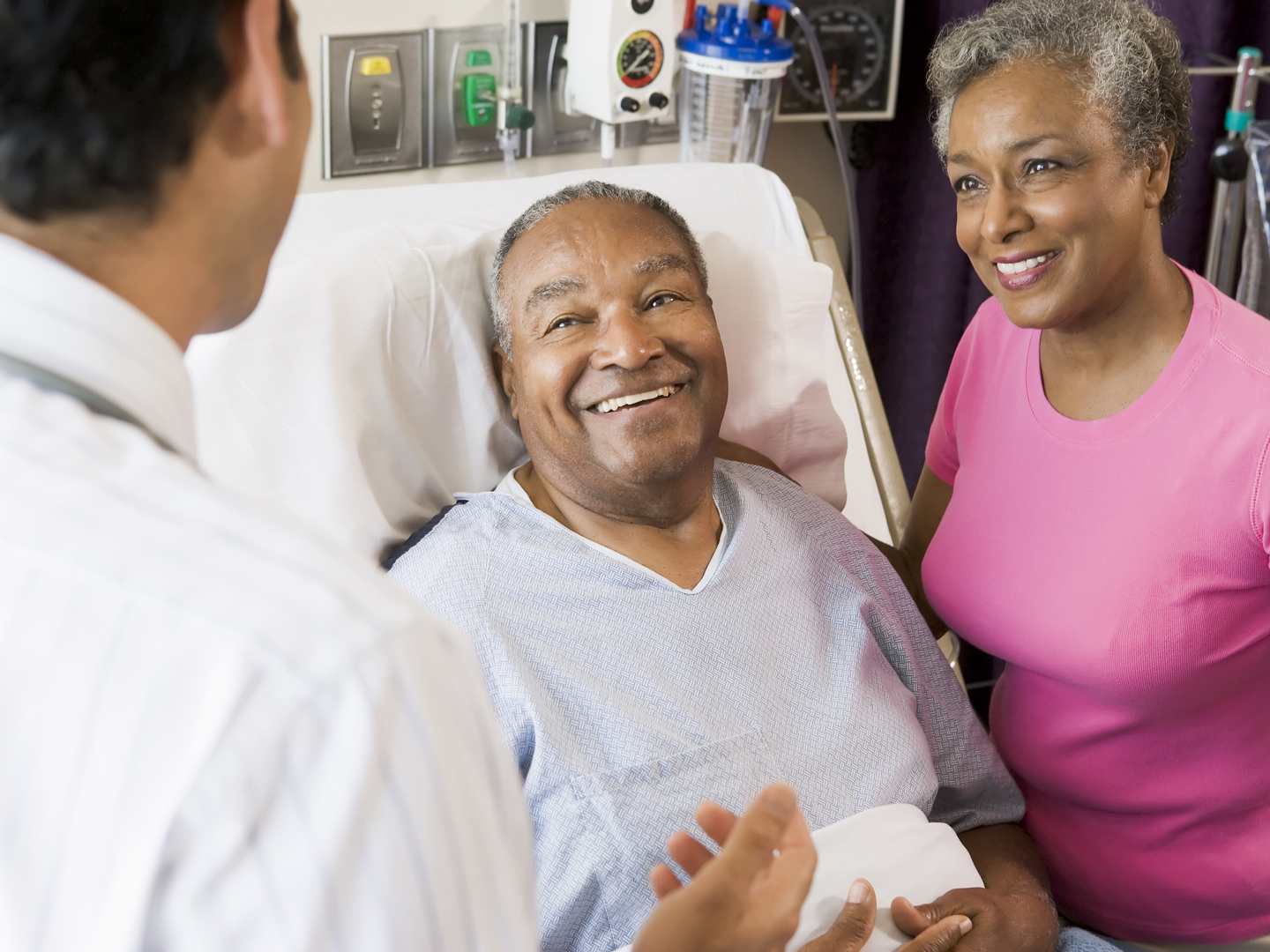Is EECP a Substitute for Heart Surgery?
Some alternative medicine physicians are recommending EECP as a natural bypass instead of open heart surgery. What do you think of this?
Andrew Weil, M.D. | August 10, 2009

EECP stands for Enhanced External Counter-Pulsation, a treatment that focuses on increasing blood flow to the heart. It is recommended for patients who have severe angina (angina pectoris), which is chest pain resulting from insufficient blood supply to the heart, an increased demand for oxygen by the heart, or a combination of both. Angina is a classic symptom of coronary artery disease and sometimes predicts heart attacks.
EECP may help reroute blood around narrowed or blocked arteries that are not supplying sufficient blood flow to the heart. It is an outpatient procedure during which cuffs are wrapped around the patient’s calves, thighs and buttocks. The cuffs are connected to air hoses that in turn are connected to valves that inflate and deflate the cuffs in sync with the patient’s heart beat. The pressure compresses blood vessels in the legs in order to increase blood flow to the heart. EECP may prompt blood vessels to create small channels (collaterals) that may act as “natural bypasses” to increase blood flow to the heart and relieve angina symptoms. The treatment is done one to two hours a day, five days a week, for seven weeks, for a total of 35 hours of EECP.
I discussed your question with Stephen R. Devries, M.D., a preventive cardiologist at Northwestern Memorial Hospital in Chicago and a graduate of the Arizona Center for Integrative Medicine. He said that while EECP has been shown to reduce chest pain due to blocked arteries, it is not a true substitute for open heart bypass surgery. “When multiple serious blockages develop in the arteries of the heart, bypass surgery has been shown to improve survival. EECP has not,” Dr. Devries said. It may be useful and recommended to help reduce chest pain in patients who are not candidates for surgery or other invasive procedures.
Andrew Weil, M.D.









